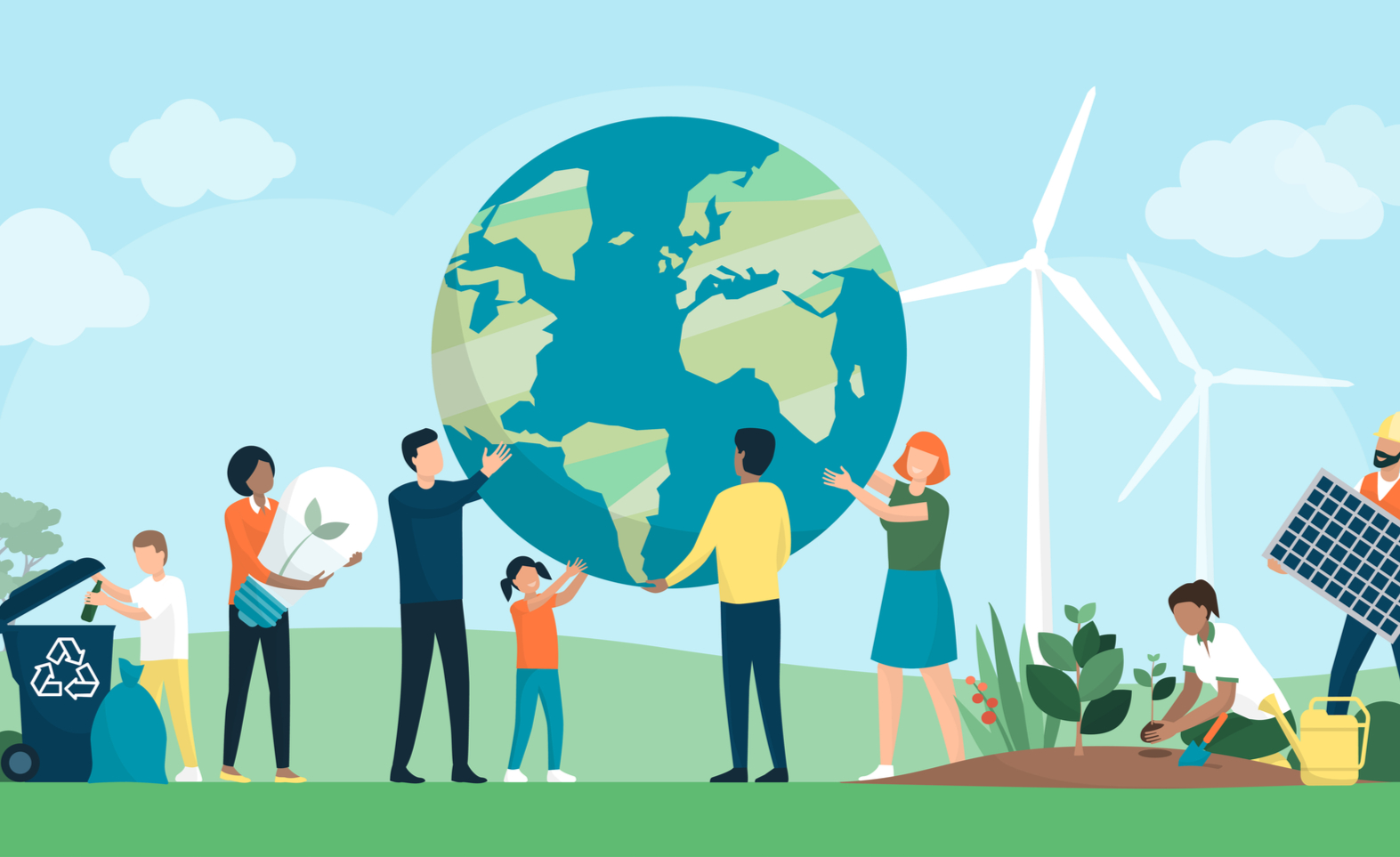
March 6, 2021
Climate change, smart cities, IT/ITes, start-ups, and R&D are the areas of potential collaboration with Sweden.
Ambassador Burakowski of Poland highlighted that food processing is a potential area of bilateral cooperation.
Healthcare, ICT, Cross border connectivity and Cybersecurity have been identified as focus areas for Indo-EU cooperation.
The COVID-19 pandemic has seen India send vaccines to 50 countries and provide essential commodities to 150 countries.

The Virtual Summit led by Prime Ministers Modi and Stefan Lofven on March 5 underscored the values shared by both nations and highlighted the areas in which the partnership can be strengthened. Climate change, electric mobility, smart cities, and the amenities affiliated with them as well as the IT/ITes, start-ups, and R&D environment were highlighted as areas of potential collaboration. Prime Minister Modi noted that India is well on her way towards accomplishing the targets set up through the Paris Agreement. He also observed India’s COVID-19 vaccine has already made its way to 50 countries, and essential commodities to 150 countries and counting.
Sweden’s Ambassador to India, Klaus Molin emphasised the importance of continuing negotiations in finalizing the Foreign Trade Agreement between India and the European Union. Sweden’s business interests in India, he observed, were spread across 250 companies that have direct or indirect dealings with the latter’s business ecosystem. Ambassador Molin remarked “ Talks on for investment and trade, a special mechanism was set up during the last summit between India and EU so agreements on it will be negotiated at aggregate level.”, and noted that there continues to be significant bilateral engagement through employment opportunities.
Adam Burakowski, Poland’s Ambassador to India identified several other domains in which bilateral cooperation could be facilitated. In addition to the smart city technology, the Ambassador highlighted that aviation and food processing were domains of great promise. He also noted that the proposal for the launch of direct airline connectivity between New Delhi and Warsaw had hit a roadblock owing to the global COVID-19 situation. The recent opening of a Polish student exchange help desk at the premises of Manipal Academy of Higher Education is a positive bilateral development. The Ambassador also pointed out the efficacy of India establishing ties with the Visegrad group of countries.
India’s trade relations with Poland have been characterized by a 10% increase in Polish FDI and a total quantum of Indian investment of US$ 3bn spread across 143 companies in Poland. Consumption goods, IT/ITes and R&D are some of the dominant areas of bilateral cooperation.
The COVID-19 pandemic has called for a paradigm shift in the manner in which Indo-EU relations have been conducted. The July 2020 meeting called for periodic engagements to assess the progress on developments, and open the portals for ministerial guidance on the pace of bilateral priorities on the trade and investment front. The multilateral platform will continue to be used to negotiate the concretization of an Indo-EU Foreign Trade agreement that will further enhance the scope of multilateral relations. At a primary level, the negotiations for an interim agreement are ongoing.
While the talks pertaining to the FTA are ongoing, analysts and industry experts point to the methods by which bilateral relations can be made more robust and diverse. Cybersecurity and the Information and Communications Technology (ICT) are key priorities that will emerge, given the possibility of 5G and Smart Technology proliferation.
India’s expertise in the pharmaceutical and generic medicine space can be strengthened through greater collaboration between India and the European Union. The R&D expertise in the EU and the innovation ecosystem can help enhance the scope of India’s offerings in the space at large. The COVID-19 pandemic and movements pertaining to vaccine development are other significant areas of collaboration.
The partnership between India and the EU has seen positive developments in recent years with talks about connectivity projects, defence partnerships and infrastructure gaining momentum. The representatives of both nations have committed to maintaining security relations, geospatial cooperation and peacekeeping among other priorities.